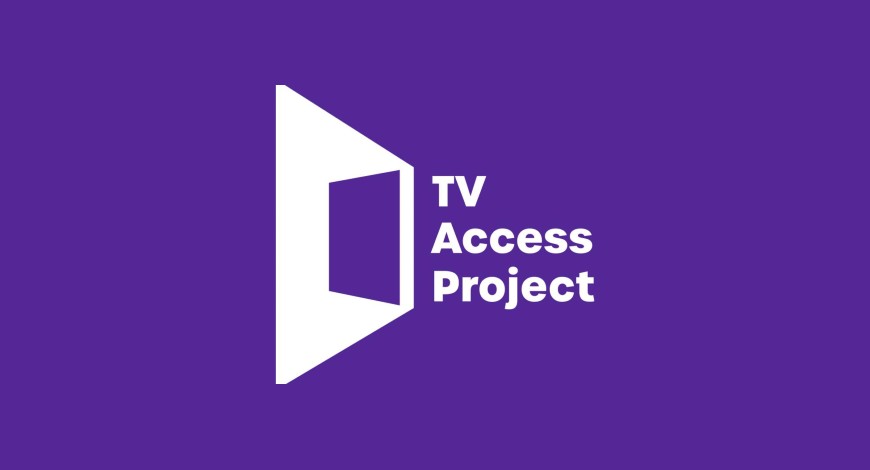International Circuit
U.K. broadcasters back campaign for disabled access across TV industry

Leading U.K.-based broadcasters have created the TV Access Project (TAP), a response to pressure group Underlying Health Condition’s (UHC) campaign to address disabled access across the TV industry in the U.K.
TAP has been created by the BBC, Channel 4, Britbox International, Disney+ U.K., ITV, Paramount, Prime Video, Sky and UKTV, with support from industry body Creative Diversity Network and Pact, representing the indie sector.
UHC which was set up by disabled creatives Genevieve Barr, Katie Player and Holly Lubran along with screenwriter Jack Thorne, following his coruscating MacTaggart Lecture at Edinburgh TV Festival in 2021. TAP is supported by TripleC DANC (Disabled Artists Networking Community) and DDPTV (Deaf & Disabled People in TV).
All these organisations aim to ensure an inclusive television production sector for disabled talent, looking at solutions that are across both scripted and unscripted.
The project started in April, when Charlotte Moore, chief content officer at the BBC, set up a pan-industry roundtable between disabled creatives and content creators.
TAP has published the 5As production guidelines for disability inclusion. All those who adopt the guidelines will commit to Anticipating, Asking, Assessing, Adjusting and Advocating when it comes to working with disabled talent and providing their access requirements.
TAP members have also published an open letter to studios and facilities, asking for accessibility and inclusivity in their workspaces. Those studios, post production houses and facilities that demonstrate they can meet these new guidelines will be given priority by TAP members when considering new U.K. commissions.
The group has set a time frame of one year to roll out the two sets of cross-industry accessibility guidelines and will update delegates at next year’s Edinburgh TV Festival on its achievements.
Thorne said: “Collectively, we have been working hard to raise the representation of disabled people on screen and off, but over the past year we have come to realise that our progress has been stymied by a significant, yet resolvable, problem – physical accessibility. How can the one in five of the population who are disabled hope to work on our productions, if the spaces in which they are made are not accessible to them?
“So our vision is to come together as an industry and create a set of accessibility standards for ourselves and our third party partners who provide studios and facilities. A commitment that together we can create better and more flexible workplaces that include everybody who wants to work in this industry.”
Moore added: “Over the last six months we’ve been working across the sector and in partnership with disabled-led and pan industry bodies and interest groups, to encourage as much participation and activity as possible. Today feels like a watershed moment for disabled talent and inclusion in our industry and it’s exciting to be in a position where we can agree sensible measure and implement collective action for change.” Variety




